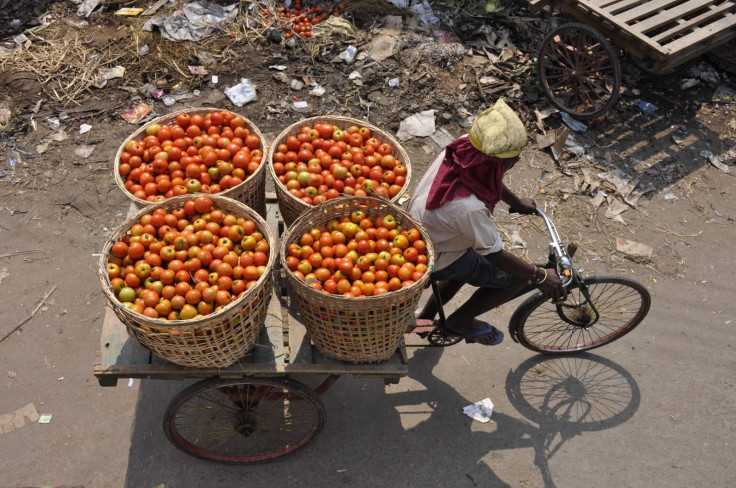World Health Day 2015: Facts and figures to highlight the importance of food safety

Food safety is the focus of this year's World Health Day, to draw attention to the global threat of foodborne illness and disease - a problem largely under-reported and often overlooked. With the food supply chain stretching around the world, the need to strengthen food safety systems within and among countries is essential.
As well as supporting health, food safety has a knock-on effect on a number of industries: it fosters trade and tourism and supports food security and sustainable development. Food safety is also important for education, as sick children miss school. Teaching food safety is essential within the education system, to help the next generation learn basic food safety practices.
Under the slogan "From farm to plate, make food safe", World Health Day – observed on 7 April - highlights the challenges associated with food safety.
"Food production has been industrialised and its trade and distribution have been globalised," says WHO director-general Dr Margaret Chan. "These changes introduce multiple new opportunities for food to become contaminated with harmful bacteria, viruses, parasites or chemicals."
"A local food safety problem can rapidly become an international emergency. Investigation of an outbreak of foodborne disease is vastly more complicated when a single plate or package of food contains ingredients from multiple countries."
© Copyright IBTimes 2024. All rights reserved.





